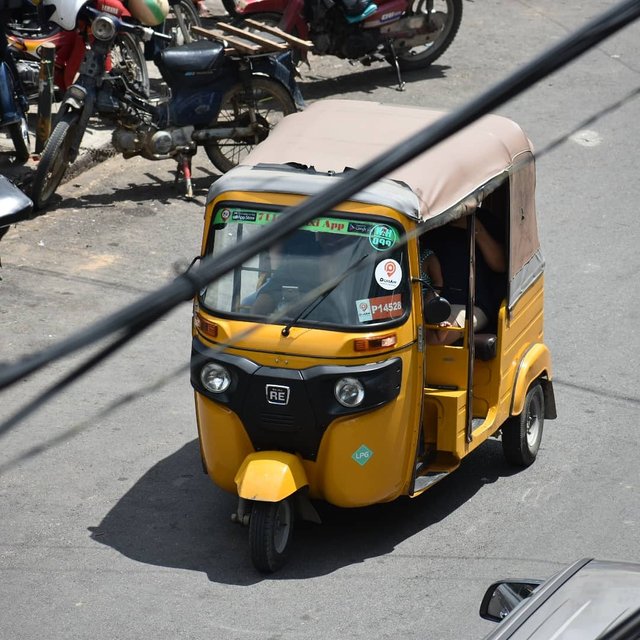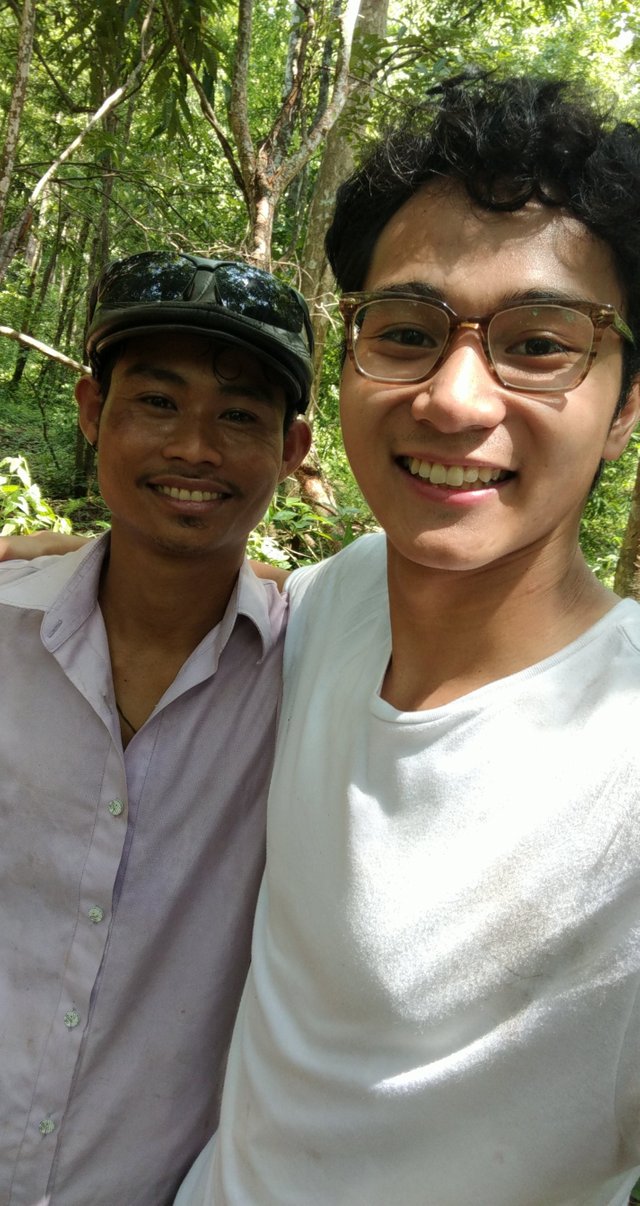Read this post on TravelFeed.io for the best experience
Hello, and welcome to Part II. If you haven't check it out Part I is here!
You're probably aware of the Foreign Language Tax - that is,
** that funny awkward moment when you have to use your hand motions to engage in a transaction, and the vendor gives you giant markup just for the inconvenience!**
Within my first few days of arriving in Phnom Penh, I realized - indeed, I was getting overcharged left and right for food and transportation.

Now, I'll spare my personal philosophical musings about whether or not foreigners should be overcharged - I think it partially depends on the foreigner's awareness of local prices (ignorance is bliss, am i right?).
But one thing is for sure: feeling like you're treated differently than others just because of something outside of your control doesn't feel all too welcoming whether you're planning to stay long-term or just passing through.
Though despite this feeling, my perspective on the Foreign Language Tax began to change as I spent more time living in Phnom Penh, Cambodia...
In the West (specifically the United States) the notion of privilege and its connection to identity has its fair share of discussion*. *
But one privilege that I thought about while living in Cambodia and is greatly overlooked in the U.S. is our language - English.
Through daily observation and discussions with local friends, knowing English as a second language significantly raises your chances of earning more income through job opportunities in:
1. high end hotels and hostels
2. Westernized dine-in restaurants frequented by expats
3. tour guiding (see below)
In a more real sense, knowing English as a second language raises the chances of being able to work where there's air conditioning.
In addition to English, another language that is gaining importance is Mandarin Chinese - that topic is for a future blog post.
Of course, there are second-order privileges that contribute to knowing a "popular language" - indeed, its an indicator that your family could afford for you to go to a good enough school, and this of course is well regarded for many employers and peers, whether you were a good student or not.

My elephant-tour guide (above) Mr. Cham spoke English (interestingly with an Austrian accent), French, Italian, and German (along with Khmer) and learned through his tours, listening to music, and watching Western movies. He runs a good tour operation in the province of Mondilkiri.
No one chooses where they're born, nor their parents - and no one chooses the language they're raised with. So just pay the damn Foreign Language Tax!
** Post Notes:**
We should see our quality of our life in relative global terms - this perspective was heavily influential on me and came from my reading of Hans Rosling's book Factufulness.
Have you had similar insights traveling in different places our countries? I'd love to hear.
'Cat'cha later.
-Vince
View this post on TravelFeed for the best experience.

Congratulations @vcasa! You received a bright smile from TravelFeed. Our eyes were beaming while reading your post. 😁
Feedback
We have 2 tips for you on how you can improve your post to receive more smiles for your future posts. To view the feedback, head to your TravelFeed Dashboard. Next to your post you will find a smiley, a click on it reveals the detailed feedback.
Thanks for using TravelFeed!
@invisusmundi (TravelFeed team)
PS: TravelFeed is in social media to reach out more people, follow us on Facebook, Instagram, and Twitter.
Downvoting a post can decrease pending rewards and make it less visible. Common reasons:
Submit